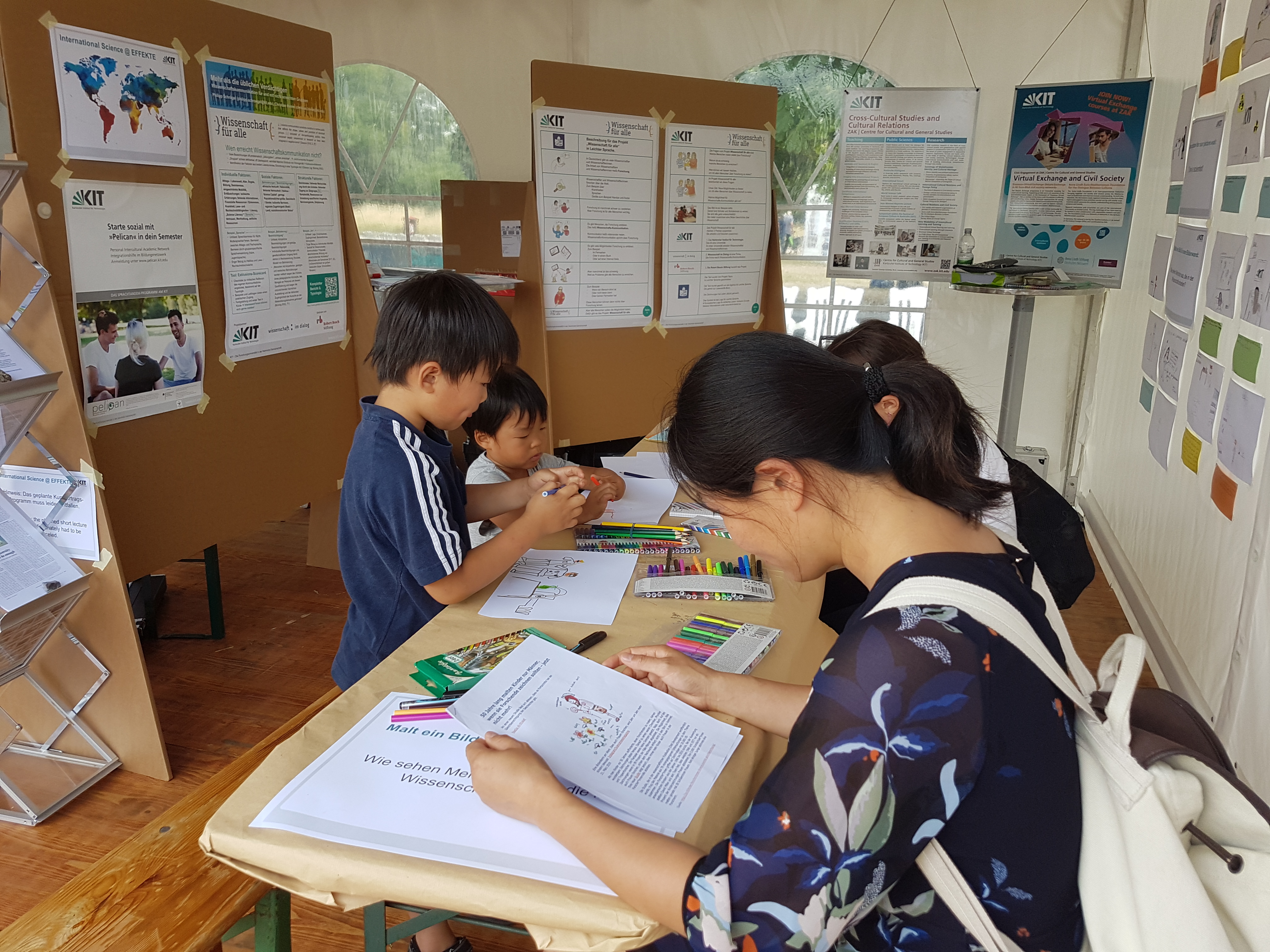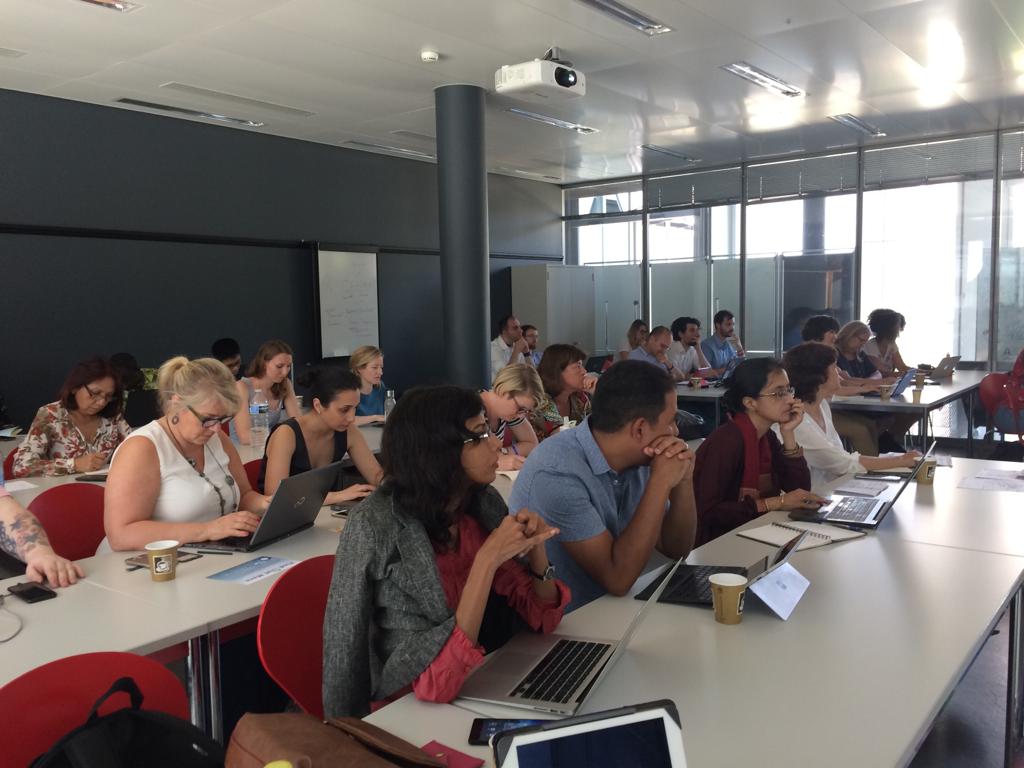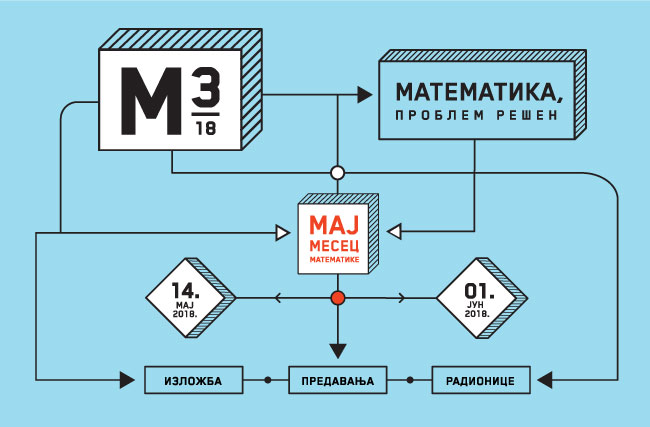In a world where perspectives are becoming increasingly polarised, our ability to listen and understand one another will determine the legacy we leave behind.
Responsible Research and Innovation (RRI) is all about this inclusivity. We want to live in a society that communicates, shares values and respects one another, while moving towards our common goals. But as with any relationship, this is a challenge. It is a challenge that requires change from all parties. And change is difficult.
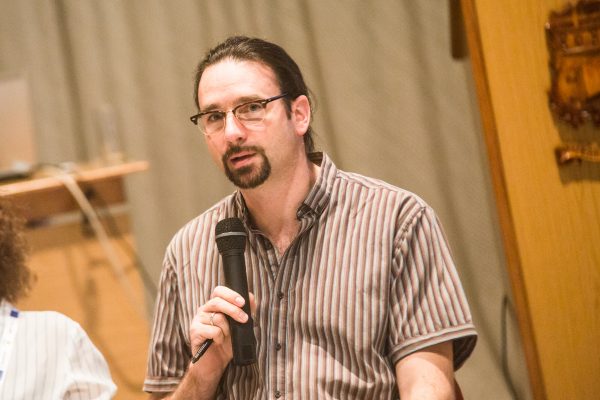
Prof. Alexander Gerber
In his opening statement to delegates NUCLEUS Project Lead, Professor Alexander Gerber quoted British Ethologist and science communicator Jane Goodall, stating “Change happens through listening and then starting a dialogue with the people who are doing something you don’t believe is right.” This dialogue can be nerve-wrecking, it can be a fight. But that is why we are here, that is our contribution to systemic change towards a more open, societal appropriation of knowledge. “
And so began two days of workshops, presentations, and discussions for the 4th Annual NUCLEUS conference, held in the beautiful and historic city of Valletta, Malta, on the 11th and 12th October 2018. Researchers, educators and creatives came together from across the globe to discuss the challenges universities and research institutions face in implementing real and effective RRI.
The list was long and it included some of the usual suspects; differing agendas between stakeholders, a lack of resources, and a creative skills gap to name a few. However, one thing that truly resonated was the appetite for authenticity. Honesty became the theme that unified all three keynote speeches.
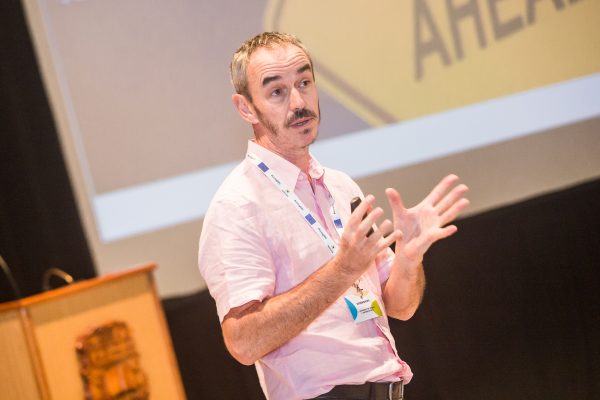
Paul Manners during his keynote speech
‘We have to be honest about what we can deliver through NUCLEUS,’ said Paul Manners, Director of the UK’s National Coordinating Centre for Public Engagement. ‘We have to be honest about public engagement, its quality and the impact it is having in the real world,’ said Giulia Bubbolini, member of the Italian Centre for Innovation and Economic. ‘We have to be honest about what we want to achieve,’ said Maria Acaso, one of Spain and Latin America’s leading figures in disruptive education.
And while challenges exist the presentations and the discussions that followed from the 10 Embedded Nuclei leaders reflected positive experiences of implementing RRI in their respective regional communities and institutions. The challenge remains in this, the final year of the project to build on these examples and the work of our Mobile Nuclei, and focus on the lessons learned, recommendations for moving forward and sustainable practices to ensure longevity beyond the project’s lifetime.
In the words of some participants: “The NUCLEUS Conference allowed us to set our sails towards new HORIZONs: In an international community of practice—including experts from Europe, China and South Africa—we shared and reflected new models for Public Engagement, Open Science and more inclusive science and innovation processes. The University of Malta, with its multi-faceted expertise in science communication and its strong connections to stakeholders from civil society, policy making, media and economy provided the perfect harbour to come together on our journey and start for new discoveries!” Dr Annette Klinkert, Embedded Nuclei lead Rhine-Wall University of Applied Sciences.
“It is time to get practical with the implementation of RRI. How? Win the head of institutions and a handful of curious and open-minded people for transformation to begin. Install and conduct sustainable government structures and networks. Celebrate successful steps with your allies.” Theda Minthe, Head of Science City Hannover.
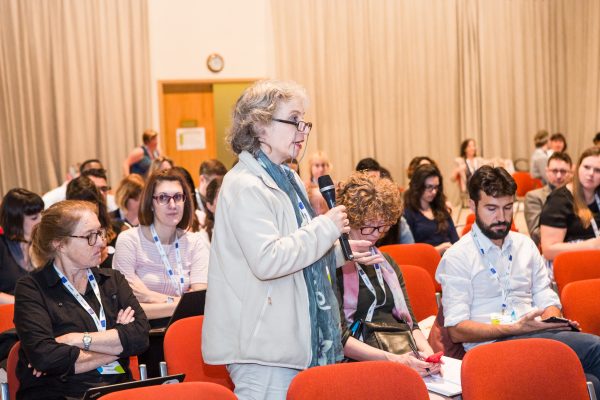
Theda Minthe, Head of Science City Hannover
“There has been a lively and honest debate on the risk of prioritising definitions and theories over real-life, hands-on, (maybe) less orthodox approaches, if we keep the dialogue among experts only. This is taking us all out of our comfort zone of RRI scholars and demanding us to become RRI evangelists. I think NUCLEUS is really working towards this. At the end of the day, we’re all trying to shape a future that we want to be a part of. We all want to make the world we live in a better place. We all want the same thing.” Giulia Bubbolini, Italian Centre for Innovation and Economic Development.
Organised in collaboration with NUCLEUS Consortium Partner, the University of Malta, the event attracted more than 90 participants from the public and private sectors, and represented business, regional government, academic, public engagement and policy audiences. We were extremely fortunate and grateful to our hosts, to have access to the University’s Valletta Campus to conduct the conference and to host the annual meetings of our Advisory Committee and the General Assembly.
Thank you Malta!
All materials associated with the conference are accessible via our website. For the presentations visit our Reports & Presentations section. For pictures visit our gallery .
